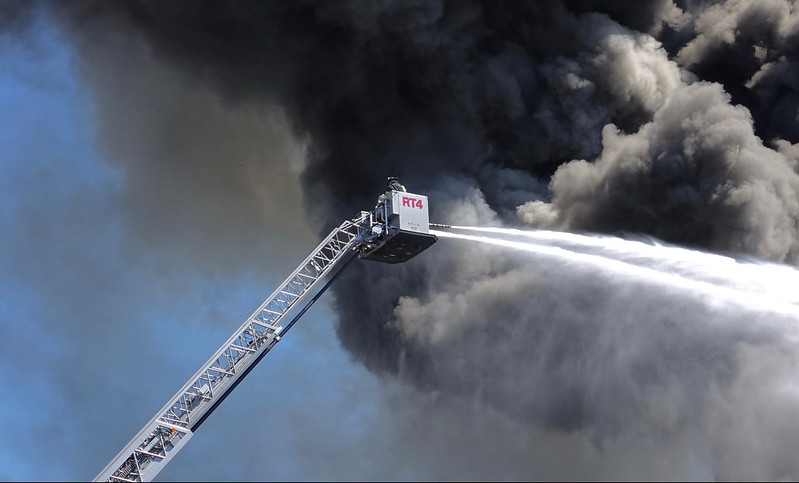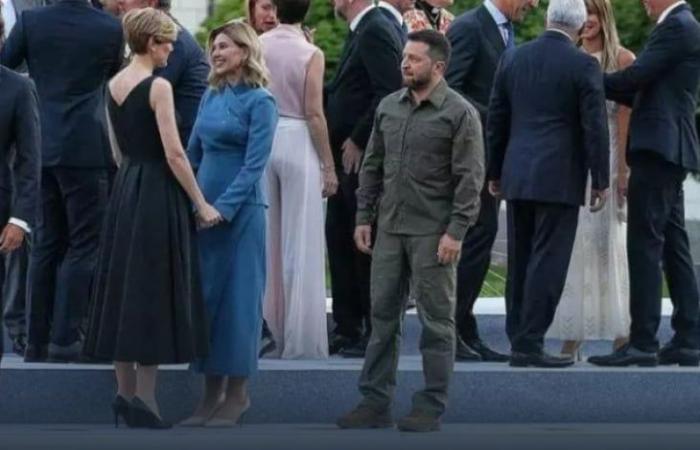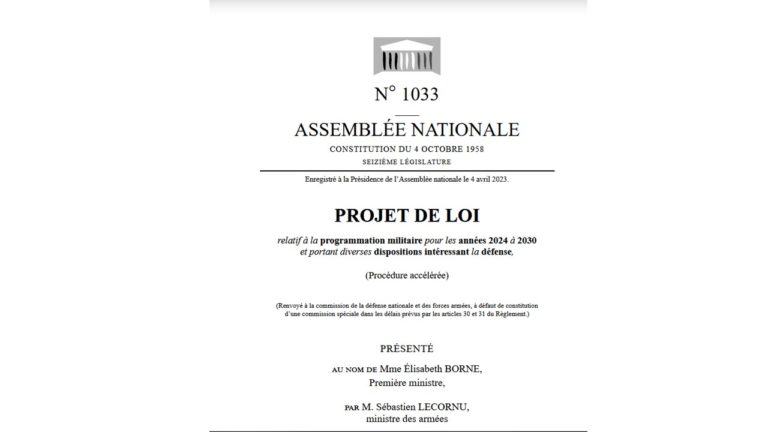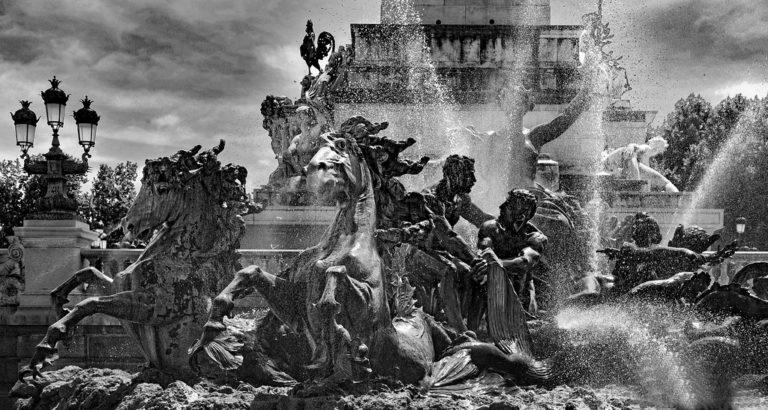
Rethinking the pré carré
The notion of the ‘pré carré’, which smacks of the 17th century and reminds us of Vauban fortresses, is back! The expansionist ambitions of the new President of the United States have put it back in the spotlight. If the American square is set to grow, then others will follow suit. But what about France? Does it include its overseas territories? Faced with a threat from an ally, we urgently need to get back to strategic work!
To read the article, click here
Trump upsets everything
The Trump presidency marks a further stage in the political crisis that has gripped the United States for the last ten years. But the new president has a vision and a programme. He is imposing a new Monroe Doctrine centred on an enlarged America and setting up a new predatory imperialism, hard on allies and soft on adversaries. The allies will have to relearn the grammar of the balance of power with this frenemy.
To read the article, click here
Lorgnette: predation in Goma
In Africa, wars come and go, amid general indifference. In addition to the civil war in Sudan, there are some striking developments in eastern DR Congo: the M23 movement, supported and equipped by neighbouring Rwanda, has taken the large city of Goma (800,000 people) in the east of the DRC, despite the Congolese army, armed militias and the UN force MONUSCO.
Eastern DR Congo experienced two ‘Congo wars’ in the 1990s. The protagonists in the current crisis are the same: in addition to Kinshasa, the neighbouring countries (Rwanda and Uganda) are pushing their pawns to take control of the territory.
Two things seem to have changed: firstly, the desire to annex Rwanda is barely concealed and is in line with the predatory movements we are seeing around the world (Crimea, Donbass, Nagorno-Karabakh, Trump’s claims). Secondly, the indulgence enjoyed by P. Kagamé, the Rwandan leader, is reaching its limits: even Great Britain is calling for a reconsideration of its relations with the controversial leader.
Has he gone too far? That would be a first.
JOVPN
Subscribers: click directly on the links to read online or download the pdf issue (here), always with your login/password. New readers: subscribe (discovery subscription €22, annual subscription €85, orga. subscription €400 excl. tax): here, the different options.
Photo credit: Wikipedia








